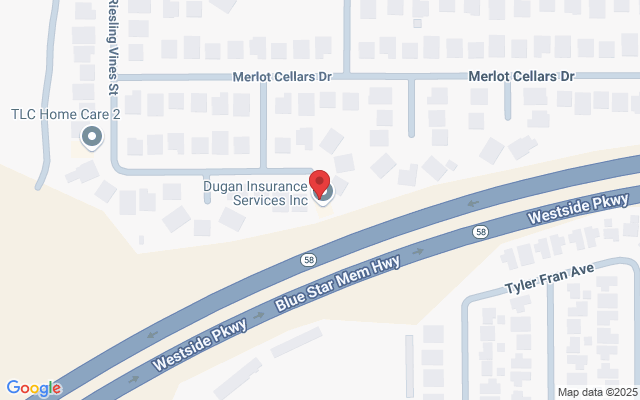Who is Eligible for Medicare in California? Explained
Medicare is a critical component of healthcare coverage for millions of Americans, including those residing in California. Understanding who qualifies for Medicare in the Golden State is essential for planning ahead and ensuring that you or your loved ones can access the healthcare services needed without delay. This article breaks down the eligibility criteria for Medicare in California, explaining the different pathways by which individuals can qualify for this federal program.
Age-Based Eligibility
The most common qualification for Medicare is age. Regardless of your state of residence:
65 Years and Older: Anyone who is 65 years of age or older is eligible to enroll in Medicare. You do not need to be retired; you simply need to meet the age requirement.
Disability-Based Eligibility
Medicare is also accessible to younger individuals with disabilities or certain health conditions:
Receiving Social Security Disability Insurance (SSDI): People under 65 who have been receiving SSDI payments for 24 months are eligible for Medicare. The 24-month counting period begins the month after Social Security determines their disability benefits are payable.
Amyotrophic Lateral Sclerosis (ALS): Individuals diagnosed with ALS become eligible for Medicare as soon as their SSDI benefits start, without the usual 24-month waiting period.
End-Stage Renal Disease (ESRD): Those with ESRD are eligible for Medicare, typically on the first day of the fourth month of dialysis treatment. Patients can also qualify for Medicare from the first month of dialysis if they participate in an in-home dialysis training program during the first three months of their dialysis.
Residency Requirements
To be eligible for Medicare in California, you must be either a U.S. citizen or a legal permanent resident who has lived in the United States continuously for at least five years. These requirements ensure that beneficiaries have established sufficient residency ties to qualify for coverage.
Special Situations
Certain nuances in Medicare eligibility include working individuals and those with specific health coverage:
Working Seniors: If you or your spouse are actively working and have health insurance through an employer, you might choose to delay enrolling in Medicare Part B, which covers medical insurance. This can be a wise decision if the employer’s insurance provides primary coverage, as it can save you from paying Medicare premiums while still employed.
COBRA or Retiree Health Plans: It's important to note that neither COBRA nor retiree health plans delay your Medicare Part B Special Enrollment Period. Therefore, once employment ends, it is crucial to sign up for Medicare Part B immediately to avoid late penalties.
Enrollment Periods
Understanding when you can enroll in Medicare is as important as knowing if you are eligible:
Initial Enrollment Period (IEP): This is a 7-month period that includes the three months before your 65th birthday, the month of your birthday, and the three months following it.
General Enrollment Period (GEP): If you miss the IEP, you can enroll between January 1st and March 31st each year, with coverage starting on July 1st.
Special Enrollment Period (SEP): This period applies if you delayed Medicare Part B enrollment because you were covered under a group health plan based on current employment.
Conclusion
Eligibility for Medicare in California aligns with federal guidelines, but understanding the specific circumstances and rules that apply can help you navigate the process more effectively. Whether it's age, disability, or special conditions, knowing how and when you qualify can help ensure you receive the benefits you deserve without unnecessary delays or penalties.
Need more help now?
Fill in the form and a licensed agent will contact you!
This is a solicitation for insurance. By filling out the above form you are agreeing for a licensed agent to contact you.

Find an Agent
These Happy Days are yours and mine Happy Days then one day he was shooting at some food.

Call Us for Any Questions
(800) 000-0000
Meet Our Agents
Consequuntur magni dolores ratione.

John Doe
Founder & CEO

John Doe
Region Leader

John Doe
Leader


